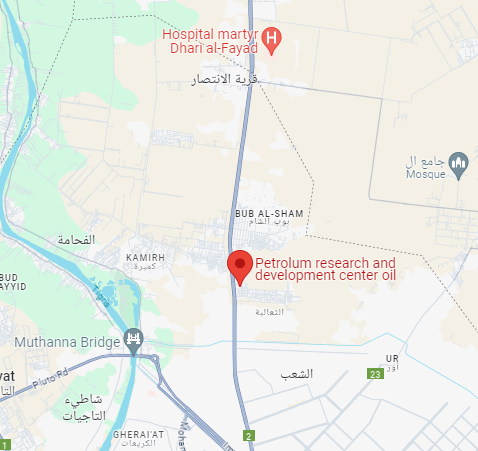Study on Viscosity Correlations for Iraqi Crude Oils
DOI:
https://doi.org/10.52716/jprs.v4i1.87Abstract
One of the important properties in identification of reservoir performance is viscosity which is defined as the resistance to internal friction of the molecules of the fluid, and friction created as a result of attraction forces between the fluid molecules which resist the fluid flow and restrict it. It is necessary for running simulation, or( building reservoir model )fluid flow through porous media and pipelines, well testing and design of production equipment.
The factors that affect the fluid viscosity are: -
- Gas Oil Ratio.
- Reservoir Pressure and Temperature.
- API-gravity.
There are empirical relationships for estimating viscosity above, at, and below the bubble point pressure. In this study, a new correlations are suggested by correlating the experimentally PVT data for Iraqi crude oils from North, Middle, and South oil fields. One hundred and eleven laboratory tests were used to formulate these new empirical correlations.
A final correlations (above, at, and below the bubble point) have been established by nonlinear regression technique, and the correlations were tested by statistical error analysis results. Good agreement was shown between the experimental viscosities and calculated viscosities using new correlations.
Downloads
Published
How to Cite
Issue
Section
License
Copyright (c) 2020 Aliaa Kamil AL-Head, Khalida Jameel Waheem

This work is licensed under a Creative Commons Attribution 4.0 International License.














